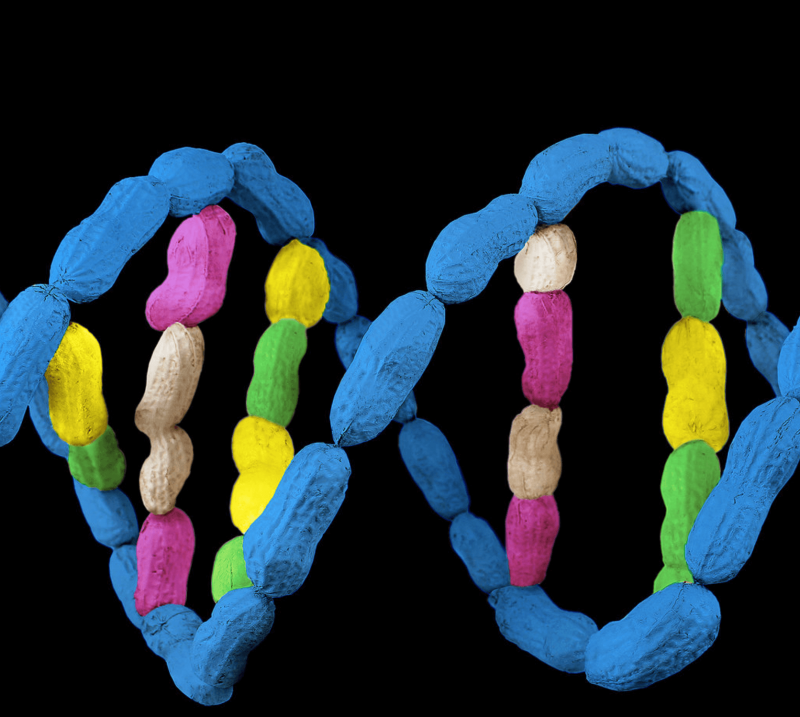Allergic reactions to peanuts cause around 500 hospitalizations and even some deaths in the United States each year. … Accidentally ingesting as little as a third of a single peanut — about 70 milligrams — can send someone to the emergency room, and some people may react to only 1 milligram….
A number of other teams have … tried various ways to make peanuts less lethal. A 2008 study led by a U.S.D.A. scientist showed that the shocks produced by pulsed ultraviolet light significantly reduced the allergenicity of peanut extracts in a lab test. Researchers in China have tried irradiating peanut extracts with gamma rays to make them less allergenic.
Improvements in genetic-engineering tools have given molecular biologists the means to stop the peanut plant from producing some of the allergenic proteins in the first place. … [O]nce allergenic genes are silenced, they stay that way through multiple generations of the peanut plant …
The scientists bioengineering peanuts to lack allergens are hoping to eliminate genes from the final product, rather than introduce any new ones.
[T]he goal of preventing accidental deaths by replacing peanuts for the general population with a safer version becomes ever more elusive as scientists discover more about how much the nature and strength of peanut allergy can vary from one individual to the next.
The GLP aggregated and excerpted this blog/article to reflect the diversity of news, opinion and analysis. Read full, original post: Is It Possible to Make a Less Allergenic Peanut?































